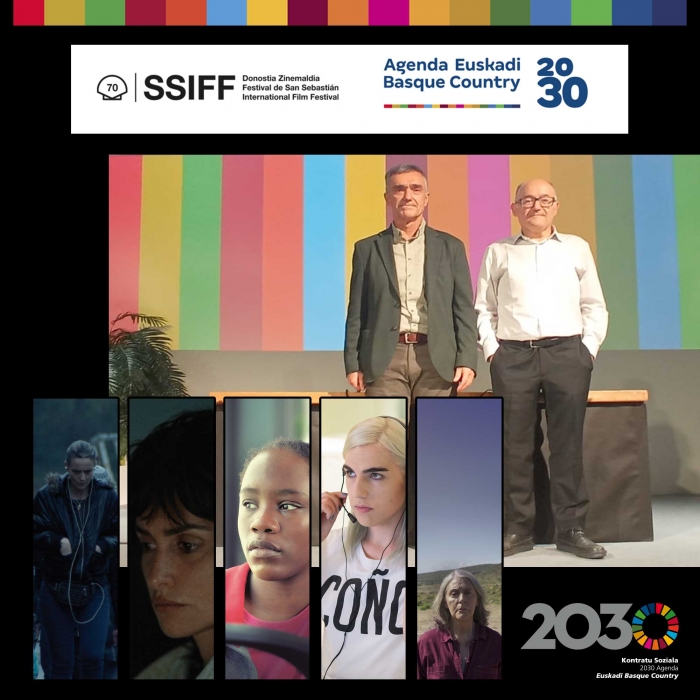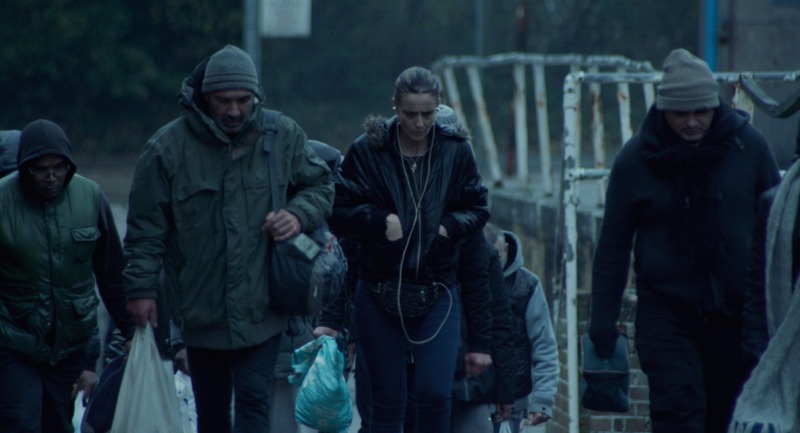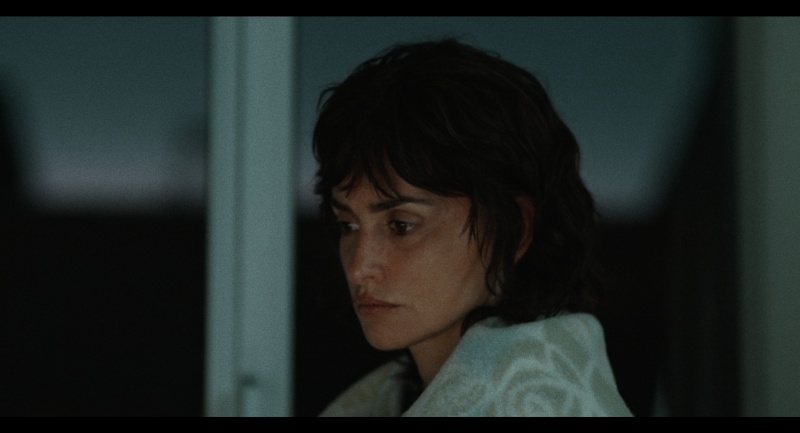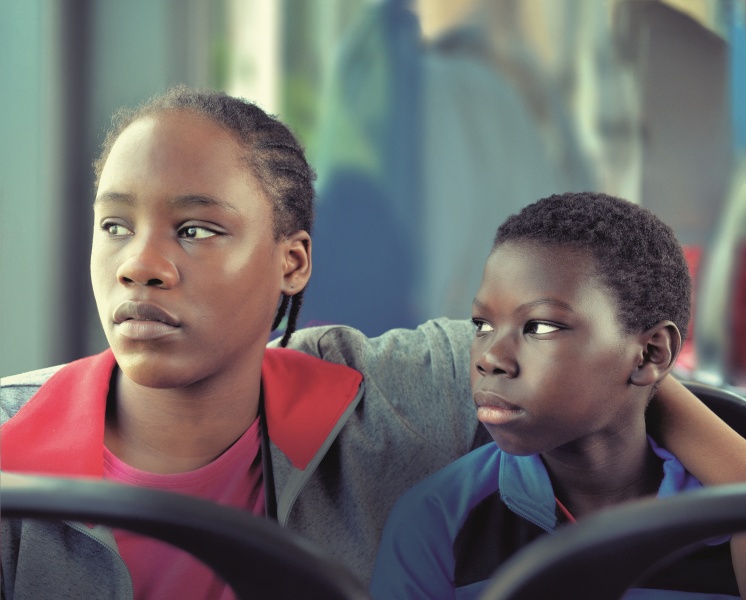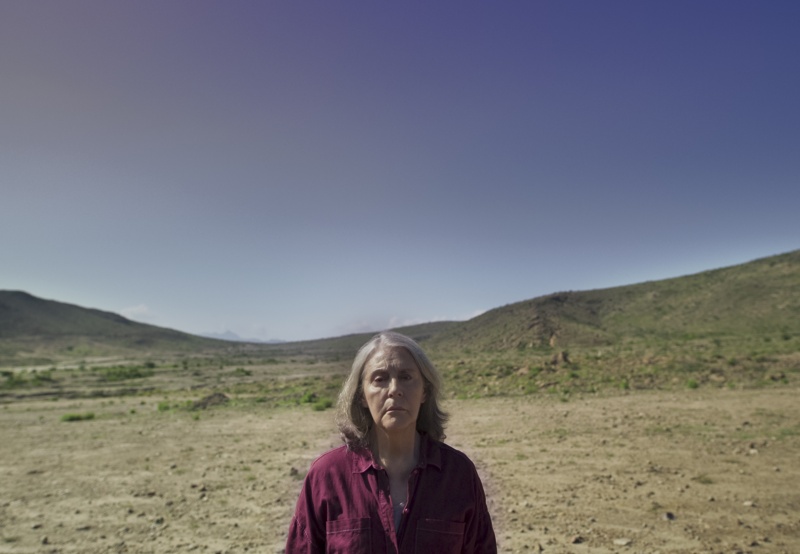Five films on the official programme of the San Sebastian Festival’s 70th edition compete for the Euskadi Basque Country 2030 Agenda Award, going to the film that best reflects the values of sustainability and solidarity as the core emblems of the Sustainable Development Goals promoting the 2030 Agenda at the United Nations.
The candidate films are Great Yarmouth-Provisional Figures, directed by Marco Martins, a contender for the Golden Shell in the Official Selection; En los márgenes / On the Fringe, by Juan Diego Botto, and Tori et Lokita (Tori and Lokita), by the Dardenne brothers, both selected for Perlak; Ruido / Noise, by Natalia Beristain, which will have its world premiere in the Horizontes Latinos section, and Mi vació y yo, by Adrián Silvestre, part of the Made in Spain selection.
The jury of the Euskadi Basque Country 2030 Agenda Award will be made up of the General Director of Tabakalera, Edurne Ormazabal; the journalist Rosa Zufía, and the Basque Government Director of Social Innovation, Asier Aranbarri Urzelai.
The Award, coming with 20,000 euros for the majority producer of the winning film, will be presented on Friday 23 at the Press Club in the Kursaal.
In the words of Jonan Fernandez, General Secretary for Social Transition and the 2030 Agenda, “The effects of the pandemic and the invasion of Ukraine make global, local and personal commitment to the Sustainable Development Goals (SDGs) even more pressing. A commitment that must specifically turn the spotlight on measures to achieve energy savings, decarbonisation and the transition towards renewable energies. Three areas representing the basic foundations for helping the planet to tackle climate change”.
Keeping an eye on these goals, he stressed that “the San Sebastian Festival is a framework with local and international reach, particularly ideal for making pedagogy of the factors represented by the Euskadi Basque Country 2030 Agenda”. The idea is ultimately to disseminate “the need and timeliness of the Sustainable Development Goals with clear and specific contents and by means of a shared strategy with the citizens, Auzolana. The 2030 Agenda is a commitment of the Basque Country and of the Basque Government”.
In the words of the Director of the San Sebastian Festival, José Luis Rebordinos, “for a Festival it is very important that the Basque Government has considered our competition an ideal place to spread the message of the 2030 Agenda”. The San Sebastian Festival takes up the 2030 Agenda goals as its own and specifically some of its lines of work, such as sustainability and gender equality”, he said.
The 2030 Agenda is a United Nations agreement made in 2015. It represents a commitment by 193 countries with a shared focus for 2030, a sustainable world and life, and a same priority: to eradicate poverty. It aligns the policies of the public institutions, private bodies and social agents across the world with 17 goals, 169 targets and indicators, for a fairer, more ecological, prosperous and peaceful world.
Five major commitments summarize its content: (I) Reduce inequality, promote inclusion and end poverty; (II) reverse climate change and promote the ecological-energy transition; (III) improve health care, education and digital progress and make its access universal; (IV) make enterprise, work and employment shared values of dignity, prosperity and sustainability; and (V) lay the foundations for peace, harmony and respect for human rights all over the world.
The 2030 Agenda, as well as governments, provincial councils and city councils, involves companies, universities, social bodies and agents as well as people. It is a commitment of the Basque institutions, which place top priority on this global and local agenda of transformation and solidarity.
The Basque Country specifically proposes that the 2030 Agenda and its objectives become a social contract for progress and equality in the region. This proposal and the plan for the term of office are stipulated in the Basque Programme of Priorities for the 2030 Agenda, approved by the Government Council on 29 June 2021.
Official Selection
October 2019, Great Yarmouth, Norfolk (UK). Three months before Brexit. Hundreds of Portuguese migrant workers pour into town, seeking work at the local turkey factories. Tânia (The Mother of the Portuguese), a former worker in these poultry plants, is now married to an English hotel owner. She is the perfect facilitator for the Portuguese workers, but dreams of becoming a British citizen and leaving this dirty business behind by transforming her husband’s derelict hotels into refurbished senior citizens homes.
Perlak
A film about the family, love and solidarity. The countdown of three characters with three interwoven stories who try to stay afloat and survive 24 key hours that may forever change the course of their lives. The film explores the effect of a situation of economic stress on personal relations and how affection and solidarity can provide the impetus to get ahead. A gripping race against the clock on the fringe of a big city.
In Belgium today, a young boy and an adolescent girl who have travelled alone from Africa pit their invincible friendship against the difficult conditions of their exile.
Horizontes Latinos
Julia is a mother, or rather, one of many mothers, sisters, daughters, colleagues, who have had their lives torn apart by the widespread violence in a country waging a war against its women. Julia is searching for Ger, her daughter. And in her search, she will weave through the stories and struggles of the different women she will meet.
Made in Spain
Raphi is young, androgynous and somewhat naive. She writes poems and dreams of falling in love with a prince charming. She moves from her native France to Barcelona, where reality has little in common with her expectations. Diagnosed with gender dysphoria, she sets out on an arduous odyssey to assume her true identity. Doctors, work colleagues, trans friends, queer artists and even men she meets through Apps: all will give her advice, but only time and experience will help Raphi to find her place in the world.

